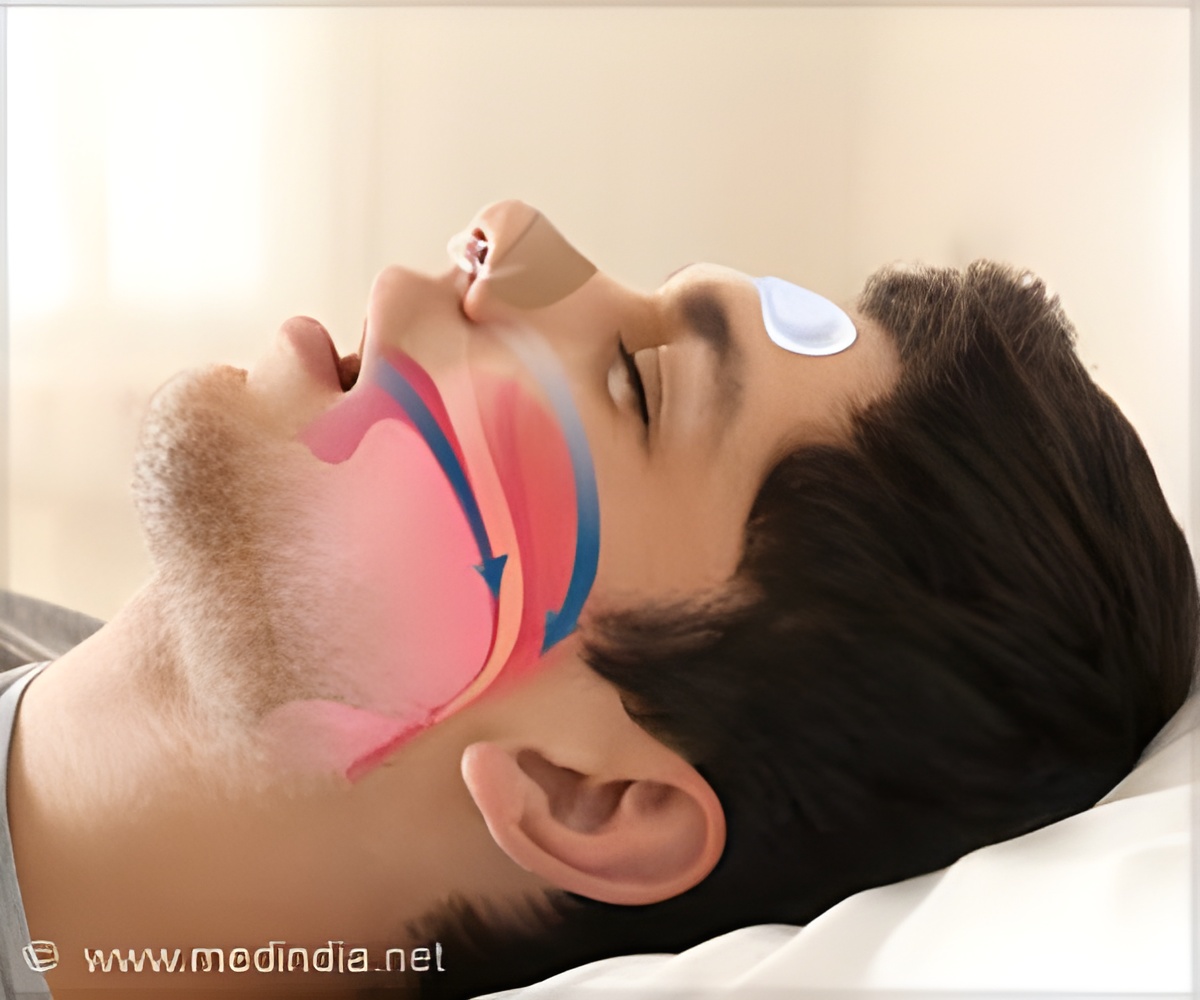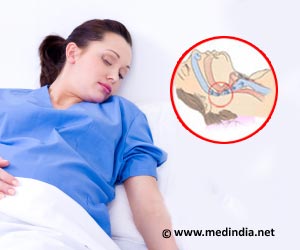Study reported that participants who had mild cognitive impairment and who used the CPAP machine experienced cognitive improvement.

TOP INSIGHT
Memories, is the first clinical trial to show that using a CPAP machine can significantly improve cognitive function for people with MCI.
If your healthcare practitioner diagnoses you with OSA, she may recommend treatment with continuous positive airway pressure (CPAP), a pressurized mask worn during sleep. CPAP treatment eliminates obstructive sleep apnea. However, to be effective, people must use the CPAP machine regularly for at least four hours per night.
Only 30 to 60 percent of people who are prescribed CPAP therapy use the machine regularly as prescribed. Additionally, few studies have confirmed whether or not CPAP treatment delays cognitive decline.
Researchers enrolled 68 participants with MCI, aged 55 to 89, who were patients at sleep and geriatric clinics from September 2012 through December 2014. Some of the participants used CPAP machines while others did not.
Researchers reported that participants who had MCI and who used the CPAP machine experienced cognitive improvement. The participants also experienced significantly less daytime sleepiness and improved attention levels.
 MEDINDIA
MEDINDIA




 Email
Email










